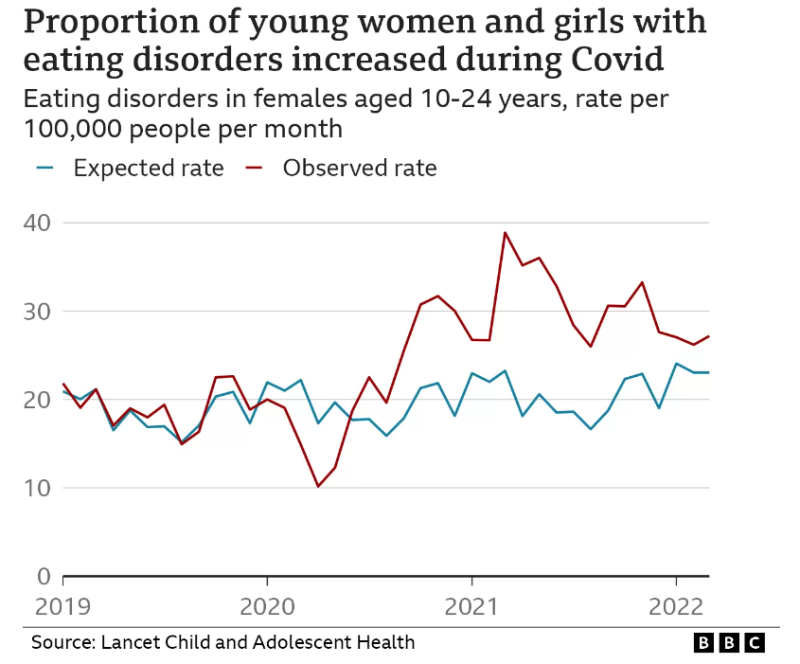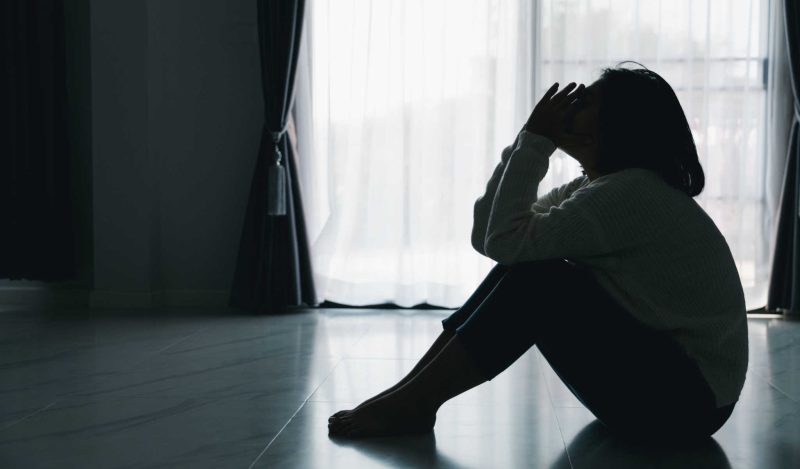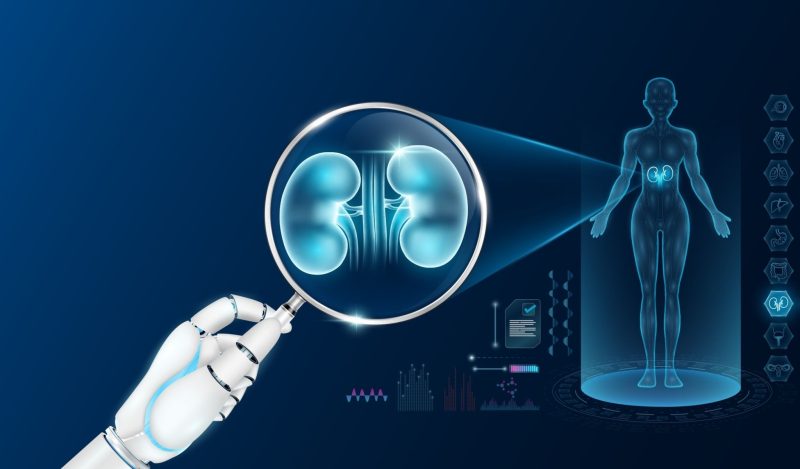Lockdowns have been blamed for a sharp rise in teenage girls in the UK developing eating disorders and self-harming since 2020. The BBC has the story.
The increases were greatest among girls living in the wealthiest areas, which could be due to better GP access.
Young women have told the BBC that the lack of control over their lives during lockdown was a behavioural trigger.
The Government says it is investing in eating disorders services to help more children and young people.
Charities maintain everyone needs access to early support for mental health issues, no matter where they live.
Annabelle, 19, from Surrey, recalls how difficult she found lockdown.
“We had very little control over our lives – our GCSEs were cancelled, we had no say in what our grades were going to be. We couldn’t see people, we couldn’t control where we went. The only thing we could control was what you ate and how you looked – so that’s what I chose to focus on.”
Annabelle received help overcoming bulimia and is feeling better, but her family is still paying for therapy privately.
She says people don’t realise how common eating disorders are: “I don’t know a single girl or female friend who hasn’t had some sort of struggle with eating. It’s incredibly hard, but there isn’t enough help for everyone on the NHS.”
Sophie Rowland, 18, from South Shields, has been posting about her recovery from anorexia on TikTok. She loved food before the pandemic, but being stuck in the house during lockdown made her obsessive about exercise and watching workouts online.
“I just realised I couldn’t stop tracking calories. It had taken over my life. Everything was just food, food, food – and it was food that became the enemy.”
She told her mum one day, and says she was “very lucky” with the help she received from nurses, friends and family. Positive feedback from her videos have also aided her recovery and now she wants to help others.
Eating disorders and self-harming have been rising among children and young people for a number of years but “increased substantially” between 2020 and 2022, the study found.
Over that period, around 2,700 diagnoses of eating disorders were anticipated among 13-16-year-olds, but 3,862 were actually observed – 42 percent more than the expected figure.
In the same age group, 6,631 cases of self-harm were expected but 9,174 were recorded by GPs – 38 percent more than predicted.
Among 17-19-year-olds eating disorders also rose above expectations.
The analysis, by the University of Manchester, Keele University, and University of Exeter, looked at nine million records belonging to patients aged 10-24 years, from nearly 2,000 GP practices across the UK.

Worth reading in full.
Who could have guessed that enforced isolation isn’t good for young people’s mental health? But why is the lesson the BBC draws always that Government needs to fund more services and never that maybe lockdown wasn’t such a smart move after all?
Published under a Creative Commons Attribution 4.0 International License
For reprints, please set the canonical link back to the original Brownstone Institute Article and Author.









